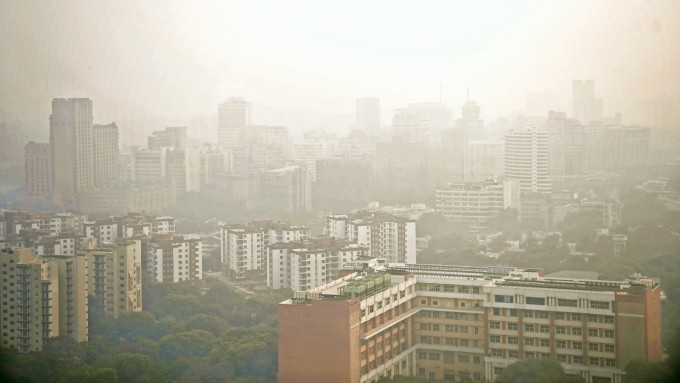Delhi records cleanest AQI between January-August since 2018: Know what will happen to your body if air quality goes bad again
Delhiites woke up to a breath of fresh air on Thursday as the city recorded its cleanest air in six years. The Air Quality Index (AQI) stood at a remarkable 53, firmly in the “satisfactory” category.
This significant improvement is attributed to the recent spells of heavy rain that have swept through the national capital. In a post on X (formerly Twitter), the Commission for Air Quality Management (CAQM) confirmed that this is the lowest AQI reading for any day between January 1 and August 8 since 2018.

The lowest ever daily avg. AQI of Delhi on any day during 01st January – 08th August for the period 2018-2024 (barring Covid affected 2020) was logged today i.e. 53.
— Commission for Air Quality Management (@CAQM_Official) August 8, 2024
While Delhi has grappled with severe air pollution for years, this respite offers a glimmer of hope for residents. According to Dr Narendra Singhla, Lead Consultant – Internal Medicine at the CK Birla Hospital, Delhi, one of the most immediate benefits of good air quality is improved lung function and respiratory health, as clean air is free from pollutants that can irritate and damage lung tissue.
He noted that this reduction in air pollution exposure lowers the risk of developing cardiovascular diseases and stroke, as harmful particles in polluted air can cause inflammation and lead to heart-related issues.
Clean air also contributes to enhanced cognitive function and mental clarity, as the brain receives more oxygen without the interference of toxic substances, Dr Singhla said.
“A stronger immune system is another benefit, as the body can focus on fighting infections without the additional burden of combating pollutants. This, in turn, reduces the risk of respiratory infections and diseases such as asthma and bronchitis,” he said in an interaction.
Additionally, clean air can improve skin health by reducing the risk of skin conditions that are exacerbated by pollution, resulting in clearer and healthier skin. Overall, living in an environment with clean air quality promotes a healthier lifestyle and better quality of life.
 It is crucial for Delhi to continue implementing measures to maintain and improve air quality to ensure a healthier environment for its residents. (file)
It is crucial for Delhi to continue implementing measures to maintain and improve air quality to ensure a healthier environment for its residents. (file)
What will happen to our bodies if air quality goes bad again?
If the air quality in Delhi deteriorates again, residents are likely to experience a range of adverse health effects, Dr Singhla said.
- The increased presence of pollutants in the air can lead to a higher risk of respiratory problems and diseases, as harmful particles can irritate and inflame the airways, leading to conditions such as asthma and bronchitis becoming more severe.
- Cardiovascular issues may also rise, with a greater risk of stroke, as poor air quality can cause inflammation and damage to blood vessels.
- Reduced lung function and overall health are common outcomes, as prolonged exposure to polluted air can impair the respiratory system’s ability to function effectively.
- There is an increased risk of respiratory infections and diseases, as pollutants can weaken the immune system, making it harder for the body to fight off infections.
- Deteriorating air quality can negatively impact cognitive function and mental health, as the brain receives less oxygen and is exposed to toxic substances.
📣 For more lifestyle news, click here to join our WhatsApp Channel and also follow us on Instagram
Disclaimer: The copyright of this article belongs to the original author. Reposting this article is solely for the purpose of information dissemination and does not constitute any investment advice. If there is any infringement, please contact us immediately. We will make corrections or deletions as necessary. Thank you.
